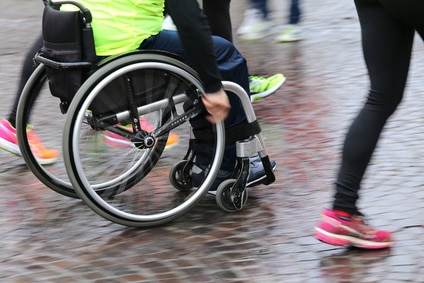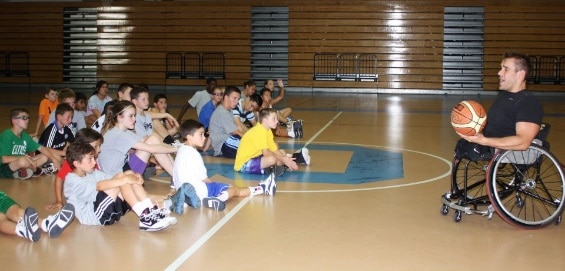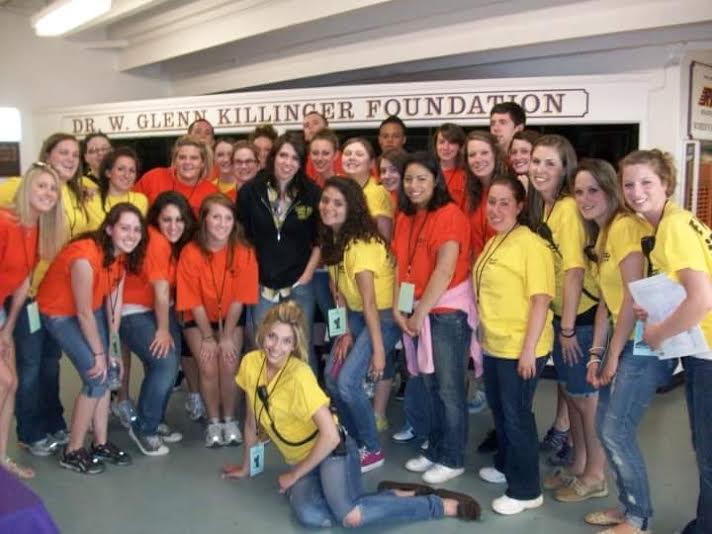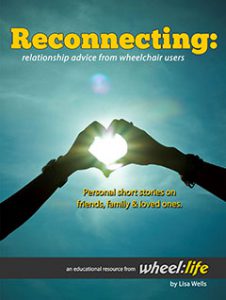College is an important step in every student’s life. It's a big change. A change of place; a change of faces; and a change of the routine. It is the official beginning of adulthood; the first time moving away from home and away from family and friends. It's the first time we make decisions on our own and take responsibility for our actions.
According to the National Center for Education Statistics, 21 million students started college in the United States in 2014. Did they make the right choice? Had they done enough research? Millions of students start a new chapter every year by adapting to their new lives, believing they can achieve their dreams and competing amongst others to prove they can do anything they want.

When picking the right college, there are several important criteria students and parents follow to minimize the risk factor. What classes are offered? How big is the school? Where is it located? What is the night life like? How diverse is the student body? Do they offer financial aid/scholarship? How strong is their athletics program? Whether you have a disability or not, these questions are common for any prospective student.
However, for students with disabilities, there are even more items to consider when choosing a college: accessibility, disability services, quality healthcare facilities and adaptive athletics programs, to name a few.

“College is a comprehensive package of academics and social” says Margaret Stran, Associate Director of Adapted Athletics Department at University of Alabama, “Students should ask themselves, is this the kind of place I want to spend 4 years of my life? Does the academic environment provide opportunities beyond college?” Ms. Stran encourages students to visit the schools before making a decision.
Recently, there has been a tendency to overlook this “package” and focus on adaptive sports opportunities. “A student will say, I want to play wheelchair basketball at such and such school. While pursuing your dream in adaptive sports is important, you must take your academics seriously,” she concludes firmly.
“Life is not just about wheelchair basketball.”

Ryan Martin, a professional wheelchair basketball player in Europe and the founder of the Ryan Martin Foundation, also stresses the importance of academics, saying “If there is nothing in the school academically for you, you will not get anywhere by just playing sports.”
Ryan himself went to Southwest State in Minnesota on a wheelchair basketball scholarship. “But I knew they had a strong secondary education program, which is what I wanted to study,” he said. “Wheelchair basketball days come and go, but you will always have bills to pay and medical products to buy” he says. Getting a scholarship in sports could be exciting, but Ryan warns, “Don’t jump on the first offer you get. Take your time to learn about other options!”
Going to college is undoubtedly an exciting and enriching experience, but it could also be costly. In addition to tuition, fees, and books, there are also costs related to transportation, boarding, insurance, and medical expenses.
While there are several forms of financial aid such as loans and scholarships, there are also programs specific to students with disabilities.
Margaret Stran regrets that not all families are aware of the programs available. ”I encourage parents to start their research as early as the beginning of junior year of high school and schedule appointments with their school counselor and financial aid administrator of the destination school.” Some of the most commonly-used state financial programs include Supplemental Security Income (SSI), Plan for Achieving Self-Support (PASS) and Vocational Rehabilitation (VR) Services.
What is the best way to ensure a smooth transition from home to school? According to Anya Halevi, whose son Luke uses a wheelchair and is currently attending Hiram G. Andrews in Philadelphia, creating checklists is important to stay on top of things. From important phone numbers including those of the primary physician and urology supply provider to useful apps for reminders, they have a comprehensive checklist to ensure Luke is safe and comfortable while his mother Anya has peace of mind.
“It’s an adjustment. You have to be patient. Luke has learned to wash his clothes, manage his budget, take care of himself. He is a lot more mature and independent," she explains.

Samantha Greenberg, a current graduate student at Temple University and an alumnus of West Chester University, admits that adjustment was tough in the beginning, as well. “Being 100% responsible for myself, my own care, health and hygiene taught me a great deal about life and becoming independent” she says.
Her advice to others: “Take control of your life. Make arrangements for yourself and make your surroundings more accessible. Speak up if you need to and get out of your comfort zone to meet people and get involved in things!”
As mentioned earlier, it is important to “be part of a campus where there is culture of disability.” Since the Americans with Disabilities Act (ADA) passed in 1990, so much has changed to provide opportunities and create accessibility for people with disabilities. Adaptive athletics is an important component of this culture as it builds awareness on campus in a unique way. An insightful article, published on NCAA’s 2013 Winter Edition, Boundless Determination further discusses the value of adaptive sports in educational institutions and the benefits of integrating student-athletes with a disability into school varsity teams.
In January 2015, exactly two years after the article was published, NCAA’s Eastern College Athletic Conference announced the Inclusive Sport Model as a strategy to expand intercollegiate athletic opportunities for student-athletes with a disability at member institutions. Through establishing new leagues and integrating adaptive events into existing championships, ECAC has become the first NCAA conference at the DI, DII, and DIII levels to adopt an adaptive sports strategy, which will change the game forever for student-athletes with a disability.
Currently, there are only eight schools with adaptive sports programs. Ted Fay, senior adviser to ECAC for inclusion believes that “student-athletes will have more choice of schools that they are interested in and/or qualified academically for with the new model.”
Fay likens the separation of wheelchair athletes to race and gender segregation in the past and says "just like having a separate women’s Olympics or a segregated sports event for African Americans is unacceptable, segregation of student-athletes with disabilities is also unacceptable.” The ECAC model sets a unique example to other institutions and conferences.
Margaret Stran concludes, “A college with an established adaptive sports program means there is an existing disability culture in the school. People won’t be staring at you or your wheelchair. It’s an important part of the ‘package’ you need to keep in mind choosing your school!”
College is a big change. It is a milestone in a young adult's life. As the eighteenth century French philosopher Voltaire once said, “Our choices determine who we are.” Don’t let a wrong decision determine who you are. Take control of your life and start preparing early for your next phase in a life with no bounds!
 Within Reconnecting: Relationship Advice from Wheelchair Users, readers will hear from people who use wheelchairs as they share their perspective on friends, family and relationships including dating, marriage and parenting.
Within Reconnecting: Relationship Advice from Wheelchair Users, readers will hear from people who use wheelchairs as they share their perspective on friends, family and relationships including dating, marriage and parenting.
Author Lisa Wells shares real-life examples and success stories throughout the book based on her lengthy career that includes ongoing interactions with disability advocates, non-profit supporters and peer support group members.
Reconnecting: Relationship Advice from Wheelchair Users features interviews with: